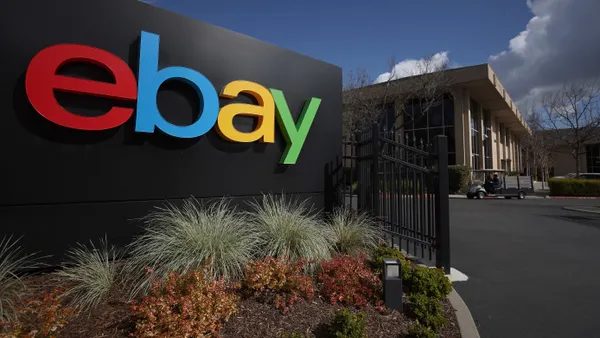It's no secret that apparel, footwear and accessory manufacturers face complex global retail markets that are competitive, dynamic, fast-paced and rapidly shifting. The demand for smart, connected, personalized and sustainable products is increasing exponentially with trends changing faster than ever before. Brands must not only adopt, create and predict trends, but also produce merchandise on time while maintaining costs.
These high-turnover fashion trends have a trickle-down effect on the entire production chain, posing challenges due to increasing consumer demand. As a result, creating 'continuity' in the product lifecycle is critical in order to address continuous production. Simply adding more technology is not the solution.
Because of ineffective processes and disconnected ecosystems, brands, designers, vendors and suppliers frequently work in silos; where the IT setup, data and communications are fragmented, resulting in manual errors in product data. Furthermore, reliance on physical sampling – in high volume and frequency – adds time and cost pressures, as well as having a negative impact on the environment.
What if you could empower your entire stakeholder ecosystem by centralizing, digitizing and automating the value chain from ideation to manufacturing? What if you could eliminate data loss while improving the quality of your products and processes at the same time? This is where PLM comes in, but what exactly does it do?
What is Product Lifecycle Management and how can it benefit your fashion or retail business?
PLM is a successful strategy used by businesses to overcome technical barriers and is one of the most important components to a business's overall success. It integrates people, data and technology systems enterprise-wide. If your company is having difficulty managing a product portfolio and has no way to address product development, product modification, or product commercialization, it is time to look into PLM software. With technology that allows for innovation and a seamless digital experience across all touchpoints, PLM software allows users to securely access product information from anywhere. Cloud technology benefits design teams and manufacturing facilities. It offers a tried-and-true, secure and dependable method of operation.
Mendix PLM can enable those who work in apparel, footwear and accessories to drive smart innovation in the midst of industry disruption.










